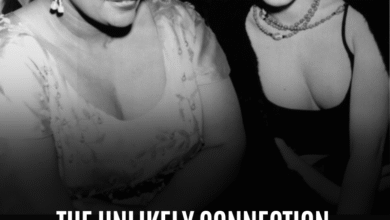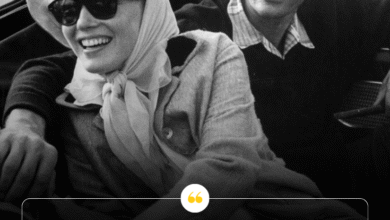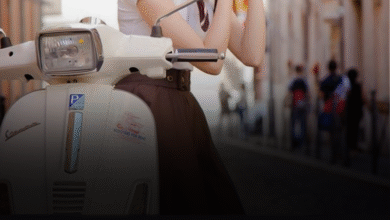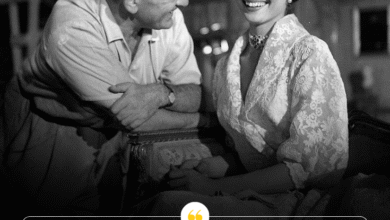The Paparazzi Scandal Johnny Depp Would Rather Forget—And What It Says About Fame
OPINION: This article may contain commentary which reflects the author's opinion.
Johnny Depp’s decades-long relationship with the paparazzi has been marked by explosive confrontations, legal entanglements, and a deep sense of personal violation. Few incidents capture this tension more vividly than his 1999 arrest in London — a flashpoint that symbolized not just one bad night, but an ongoing battle against relentless media intrusion.
The 1999 London Incident: A Flashpoint
On February 1, 1999, while dining with his then-pregnant girlfriend Vanessa Paradis at the Mirabelle restaurant in Mayfair, Depp found himself ambushed by five paparazzi photographers tipped off about his location. Frustrated and protective, Depp reportedly grabbed a piece of wood — described variously as two feet long but appearing smaller in photos — and chased the photographers, warning them, “There won’t be any pictures tonight, or there will be a fight.” Witnesses claimed he even delivered the threat in an Irish accent, adding to the night’s chaotic, almost theatrical atmosphere.
Police swiftly intervened, detaining Depp for nearly four hours at West End Central police station before releasing him with a simple caution and no formal charges. Although the photographers alleged aggressive behavior, no photos of the supposed assault surfaced — a curious absence given the number of professional cameras present. This fueled public skepticism, with many commentators suggesting the incident may have been exaggerated or even orchestrated by the paparazzi themselves.
A Pattern of Intrusion and Outrage
This wasn’t an isolated flash of temper for Depp, but part of a larger narrative. Though he had previous arrests — including a 1989 assault in Vancouver and a 1994 hotel room rampage with Kate Moss — the 1999 confrontation stands out for directly involving the paparazzi, underscoring the escalating tension between celebrities and the tabloid industry in the wake of Princess Diana’s death.
At the time, public sentiment around paparazzi was shifting. Many sympathized with Depp’s fury, seeing him as a high-profile figure pushed too far by an industry that profited from violating personal space. Others painted him as a volatile “bad boy,” a label the media had already eagerly pinned on him throughout the 1990s.
Depp’s Own Words: A Long-Held Resentment
Depp’s aversion to the paparazzi wasn’t just situational — it was deeply ingrained. In a 1995 interview with Premiere magazine, he acknowledged his inner rage: “If I’m angry and I’ve got to lash out or hit somebody, I’m going to do it.” That statement resurfaced during his 2022 defamation trial against Amber Heard, where he conceded it might have been made in reference to the paparazzi. The admission reflected a career-long pattern of resentment toward an industry that blurred the lines between public figure and private citizen.
The Broader Impact: Sympathy and Scrutiny
While the 1999 incident temporarily tarnished Depp’s image, it also cemented him as a celebrity unwilling to tolerate invasions of his private life. Over time, as tabloid culture evolved and social media amplified personal exposure, Depp’s struggle with the paparazzi has been recontextualized — less a celebrity tantrum, more a precursor to a broader conversation about privacy, consent, and the price of fame.
Even in his later legal battles, such as the 2022 trial, accusations involving media manipulation and paparazzi presence remained a recurring theme, proving that the war Depp has fought against public scrutiny is far from over.
A War Without a Clear Winner
For Johnny Depp, the 1999 London clash was not just a single bad night — it was a visible scar in a battle that still rages today. His experience encapsulates a fundamental tension at the heart of celebrity culture: the right to live a private life, even while living in the public eye. And while Depp has since outlasted many of his tabloid tormentors, the shadows of those flashbulbs — and the fight they represent — still follow him.



